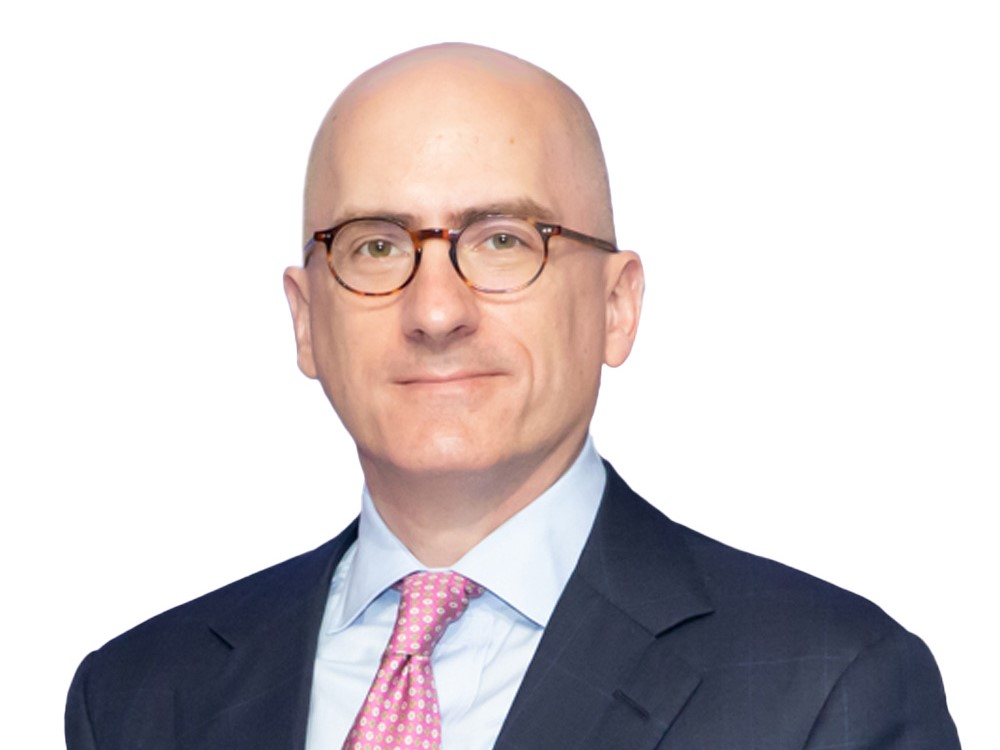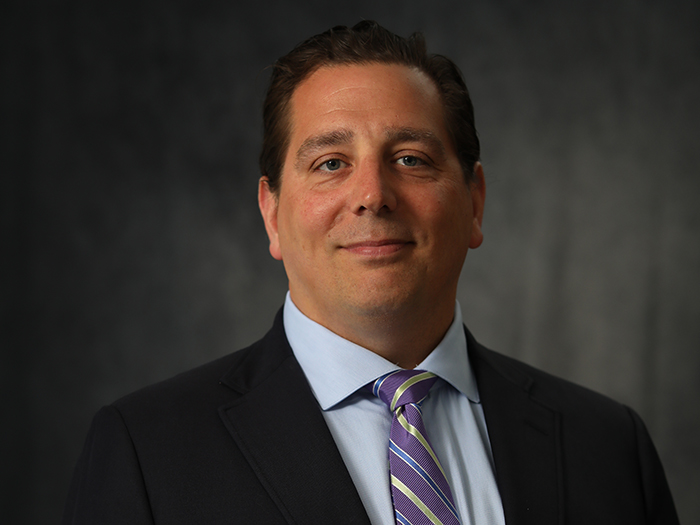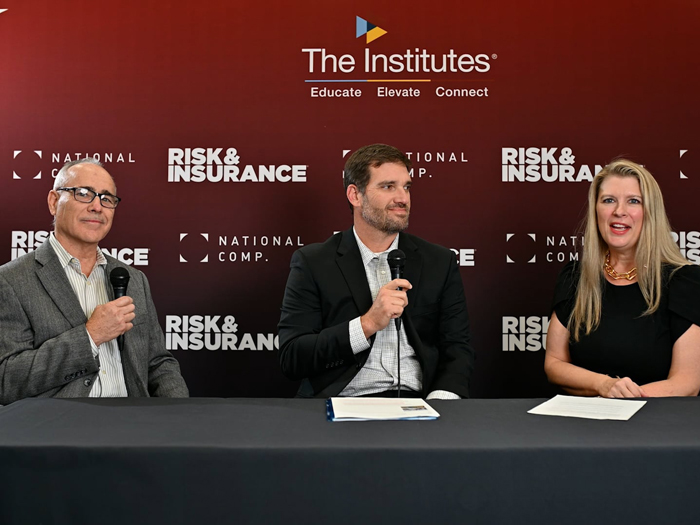White Paper
To Reap the Rewards of Self-Funded Healthcare, Employers Need Best-in-Class Medical Stop-Loss Insurance
White Paper Summary
When jobseekers evaluate a prospective opportunity, health benefits are typically a deciding factor, just behind salary when reviewing a compensation package. For employers, offering a comprehensive health plan is a significant but necessary expense to stay competitive. In the face of rising costs of care, funding affordable benefits is one of the greatest challenges facing employers today.
“Attracting quality talent and maximizing productivity starts, first and foremost, with offering a competitive health and benefits package, especially for younger generations, where there is a focus on the whole-person wellbeing. Benefits offered can really be a compelling piece of why they choose to come to an organization. But offering a robust health and wellness benefit requires employers to take a hard look at the financial burdens that they face,” said Tara Krauss, head of accident and health at QBE North America.
Employers could see double-digit health cost increases through 2026 due to inflationary pressures passed through the provider ecosystem. The incidence of high-cost claims is also rising thanks to the United States’ prevalence of comorbidities, an aging workforce and the proliferation of expensive breakthrough treatments.
To learn more about QBE North America, please visit their website.






